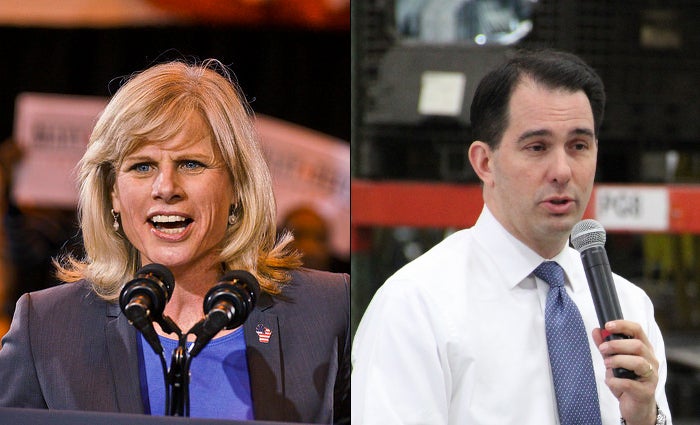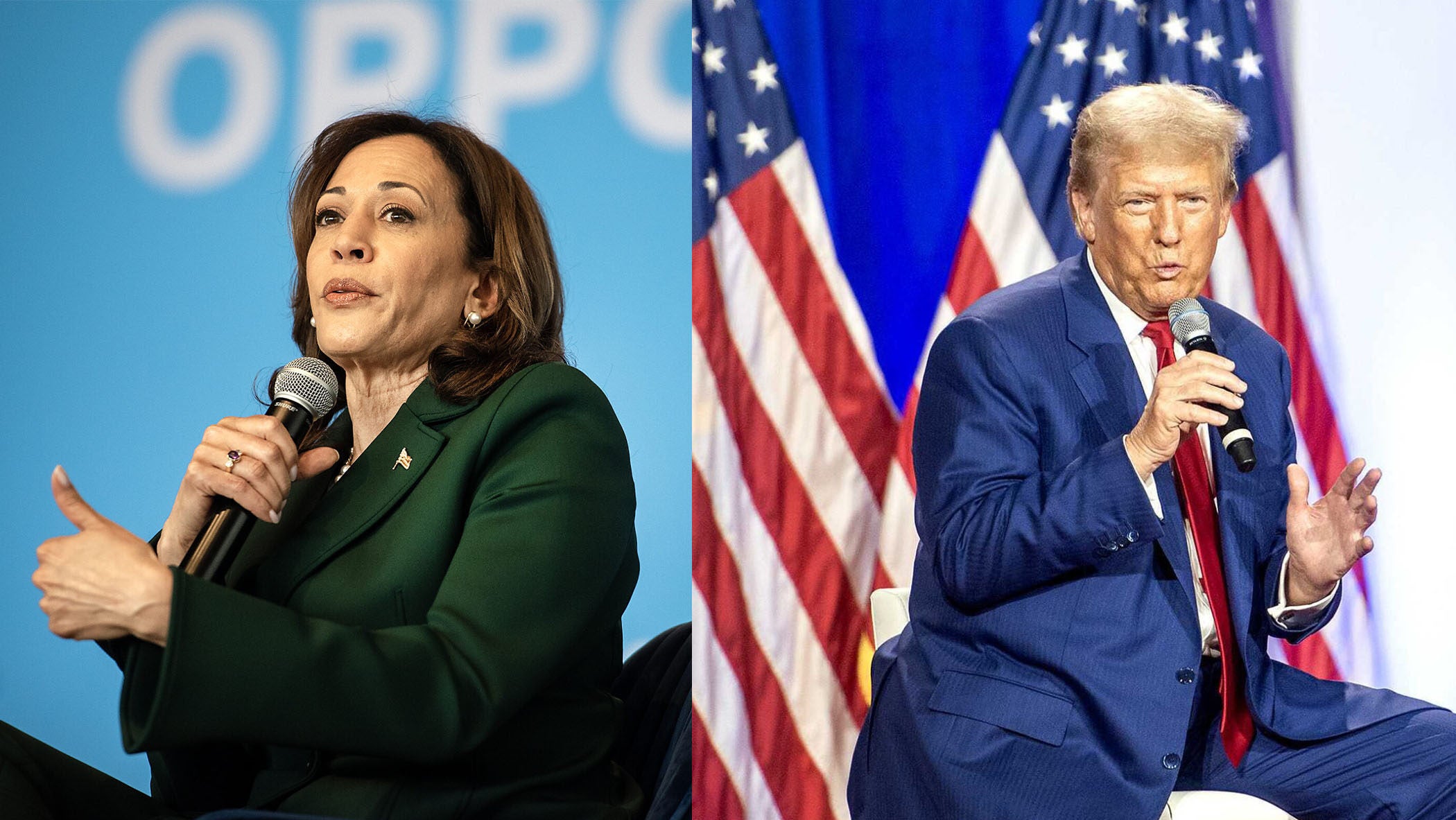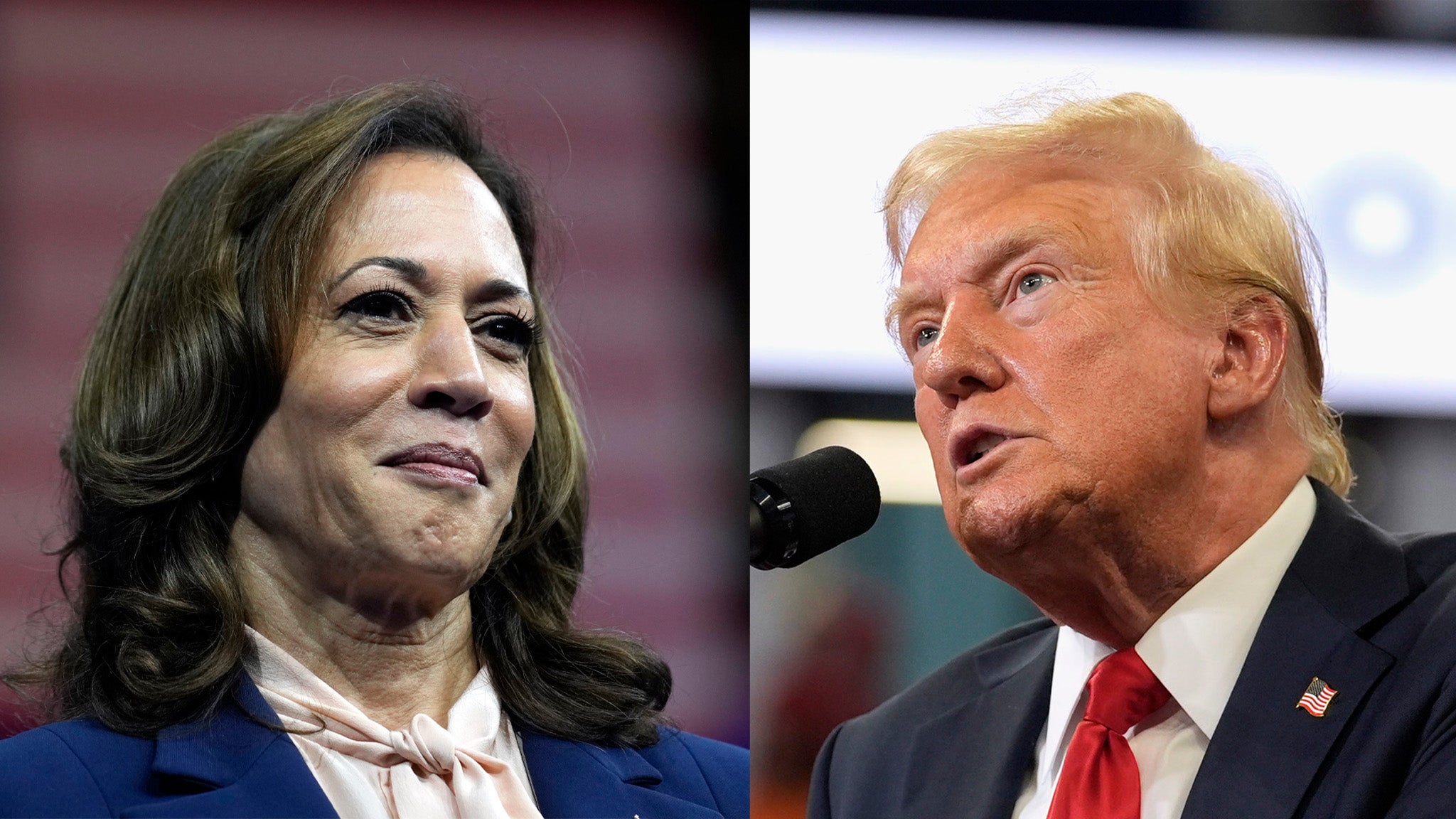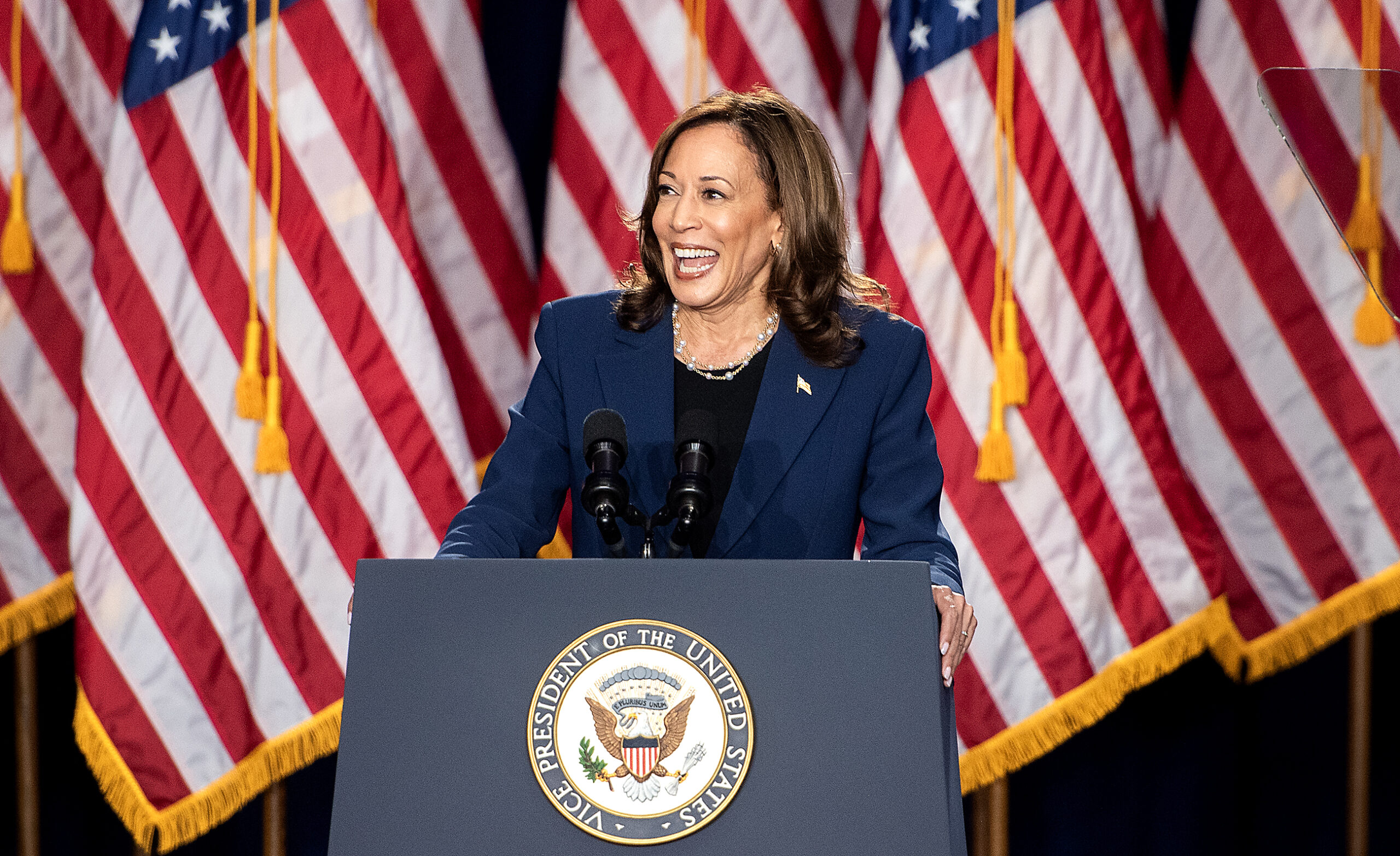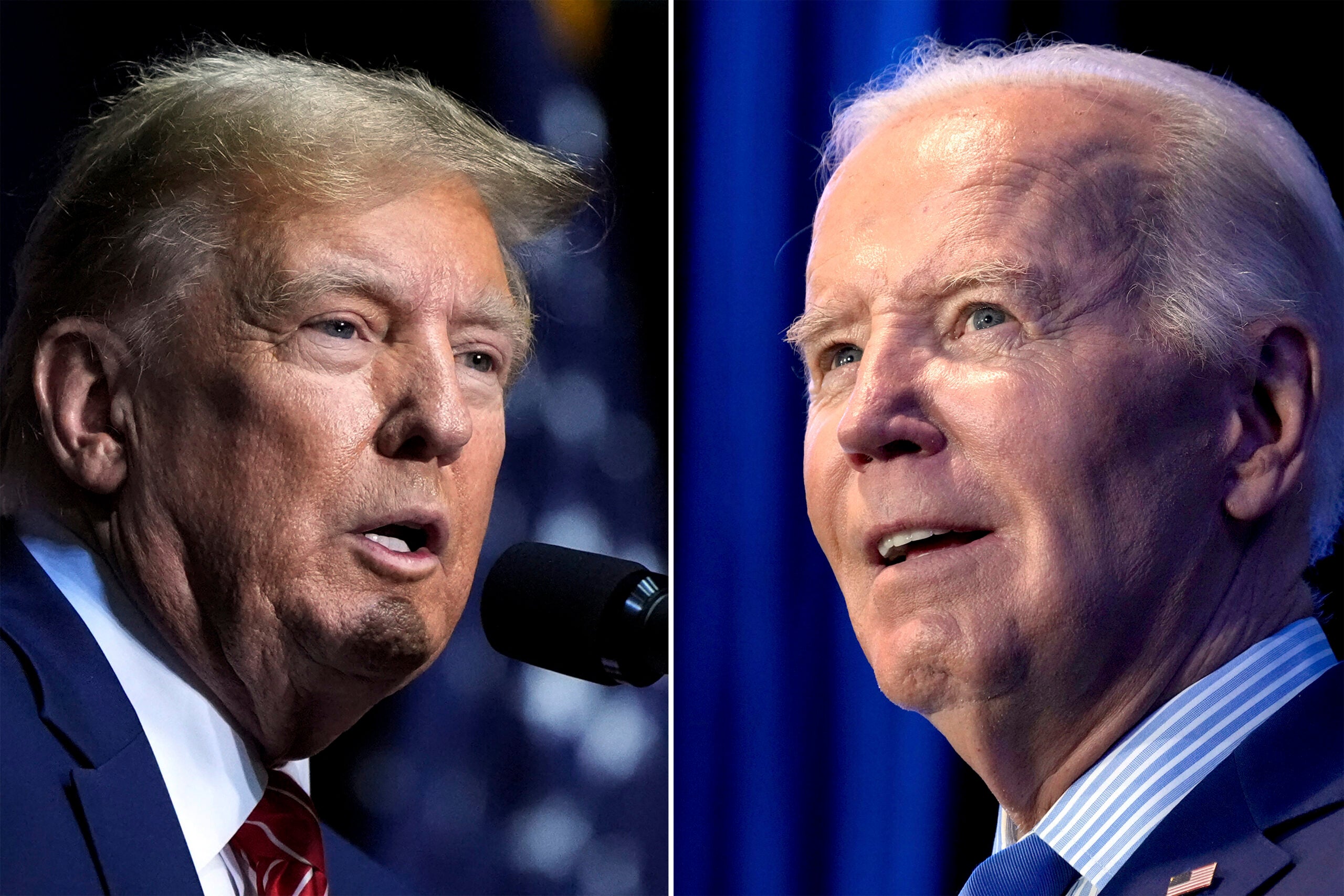A new poll commissioned by Democrats suggests the race for governor remains tight, with incumbent Republican Scott Walker leading Democrat Mary Burke by just one point among likely voters.
The automated survey of more than 1,814 likely voters by Public Policy Polling had Walker up 48 to 47 percent over Burke. Five percent said they were undecided.
Public Policy Polling Director Tom Jensen said even the survey sample itself was close, with nearly the same number of self-identified Democrats 33 percent and Republicans 32 percent.
Stay informed on the latest news
Sign up for WPR’s email newsletter.
“That’s really reflective of the closeness we’ve seen pretty much throughout this entire election, and as always, what we see is that Wisconsin is just about as closely divided and polarized as any state in the country,” said Jensen.
Public Policy Polling has a solid track record nationally, and accurately predicted Walker would win his 2010 and 2012 races, though it didn’t nail the final margins.
This survey comes just few days after a Marquette University poll showed Walker with a seven-point lead over Burke among likely voters. Jensen said that survey differed from the long-term trend in this race.
“It’s not a good idea usually to rely too much just on the results of one poll, and I think even when you look at Marquette’s over time, they’ve generally shown a close race,” he said. “So maybe it’s going to be that Democrats just don’t turn out, and Walker really wins by that much. But what we’re seeing is that Democrats and Republicans are likely going to turn out pretty evenly, and that’s likely to result in a pretty even race.”
There are differences in the methodology for these surveys. Marquette only includes people who say they’re “absolutely certain” to vote among its likely voters. Public Policy Polling screens likely voters by only calling people who voted in two out of the last three general elections.
Wisconsin Public Radio, © Copyright 2024, Board of Regents of the University of Wisconsin System and Wisconsin Educational Communications Board.
